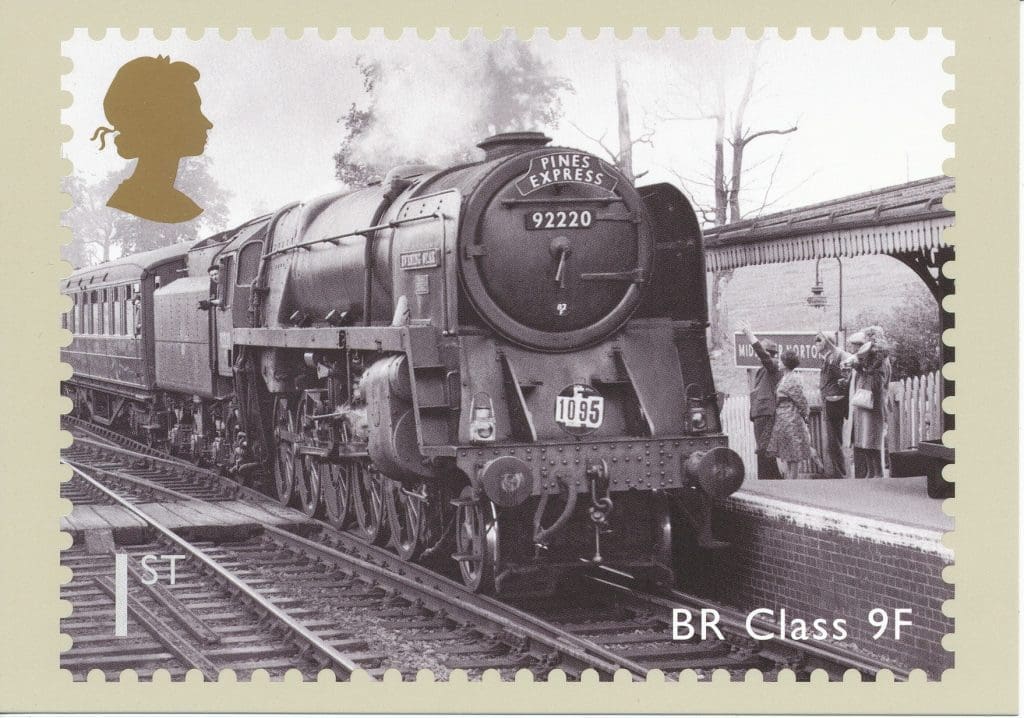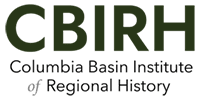Archives & Collections
About the Collections & Archives
The Cranbrook History Centre collects and preserves artifacts and archival records of permanent value to the history of Cranbrook, the East Kootenay, and Canadian rail travel. The collecting scope currently emphasizes three areas:
- Artifacts and specimens which communicate the human and natural history of the city site of Cranbrook, and the East Kootenay.
- Artifacts and heavy track equipment which narrate the social, political, economic, and technological impact of rail travel in Canada.
- Archive material in the form of photographs, documents, film, and digital information associated with the City of Cranbrook, Canadian rail travel, and the East Kootenay.
Online Collections

Our Online Archives are under construction! Click below to explore our collection.
Historical Photographs
The Cranbrook History Centre has partnered with The Columbia Basin Institute of Regional History (CBIRH), a non-profit historical society dedicated to furthering the documentation and presentation of this region’s history to digitize our photograph collection.
They partner with small organizations and individuals to develop regional collections of historical material. The CHC is just one organization that partners with CBIRH. CHC loaned its photographic collection to CBIRH and they digitized it at no cost to the museum. The proceeds from the photo sales are shared between CHC and CBIRH. This money helps the museum with operating costs while the CBIRH uses their portion of the sales proceeds to maintain the digital collection, their website, the database, and their day to day operations.
View and order Historical Images through CBIRH.
Research
The Scope of Our Archives
Our archival holdings document the history of Cranbrook and the East Kootenay area, and rail travel in Canada. The collection includes material relating to the municipality, schools, hospital, courthouse, businesses, family histories, industry, and local sports.
Genealogical Research
The Cranbrook Archives has many ways to research your family genealogy:
- Voters lists from the incorporation of the City
- Cemetery records
- School class registers
- Archival photographs
- Almost complete collection of newspapers published in Cranbrook between 1898 and present day. Currently the newspapers between 1898 and 1976 have been digitized.
- Early directories and telephone books
- Small library of local history books
If you need help with your research, send us an email with all information you currently have and we will do our best to assist you.
Access our collections database online to help start your research.
In-Person Research in the Archives in not Available
Contact Form
Fee Schedule for Research and Document/Image Reproductions
The Archives are not fully funded, and reproduction fees contribute to the care and safeguarding of the collection.
| Reproduction Fees | Price |
| Digital Scan, JPG or PNG | $2.50 per image/page |
| Usage Fees | |
| Personal/Academic Use | Free |
| Non-Profit Organizations | Negotiable |
| Contract Research and Genealogy | $14.00 |
| Publication & Productions (includes online) | $14.00 |
| Commercial, under 500 units | $20.00 |
| Commercial, over 500 units | Negotiable |
| Other Fees | |
| *Research Assistance | $10.00/30 minutes |
Payment required in advance. Cash, cheque, Visa, Mastercard accepted. Payment by cheque may not be processed on the day of the transaction.
* Preliminary Investigation (under 15 minutes): Free. Preliminary investigation to determine if the archives has any material related to the research request and would come with a recommendation if it seems worthwhile to go further.
Prices do not include applicable taxes
Donating to the Museum
The Cranbrook History Centre actively collects and solicits new artifacts and documents on a year-round basis. If you have object(s) that you believe would add to the Cranbrook History Centre’s artifact and archives collections, please send a detail message and images (if possible) to [email protected] to set up an appointment to bring in your material.
Please do not drop items off at the museum without speaking to the Curator
The Curator will discuss with you the item(s) you are proposing to donate to determine if the object(s) meet the museum’s collection mandate and policies. If the items do not meet the museum’s requirements, museum staff may refer you to other organizations that may accept your donation.
If the item(s) meets the Museum’s requirements, you will be asked to:
- Complete and sign a Temporary Donation Receipt or Deed of Gift form.
- Bring the object(s) to the museum for consideration by the Chief Curator (depending on size).
Donations must be unconditional to be accepted.
Museum staff or volunteers may contact you after the item(s) are submitted for additional information.
